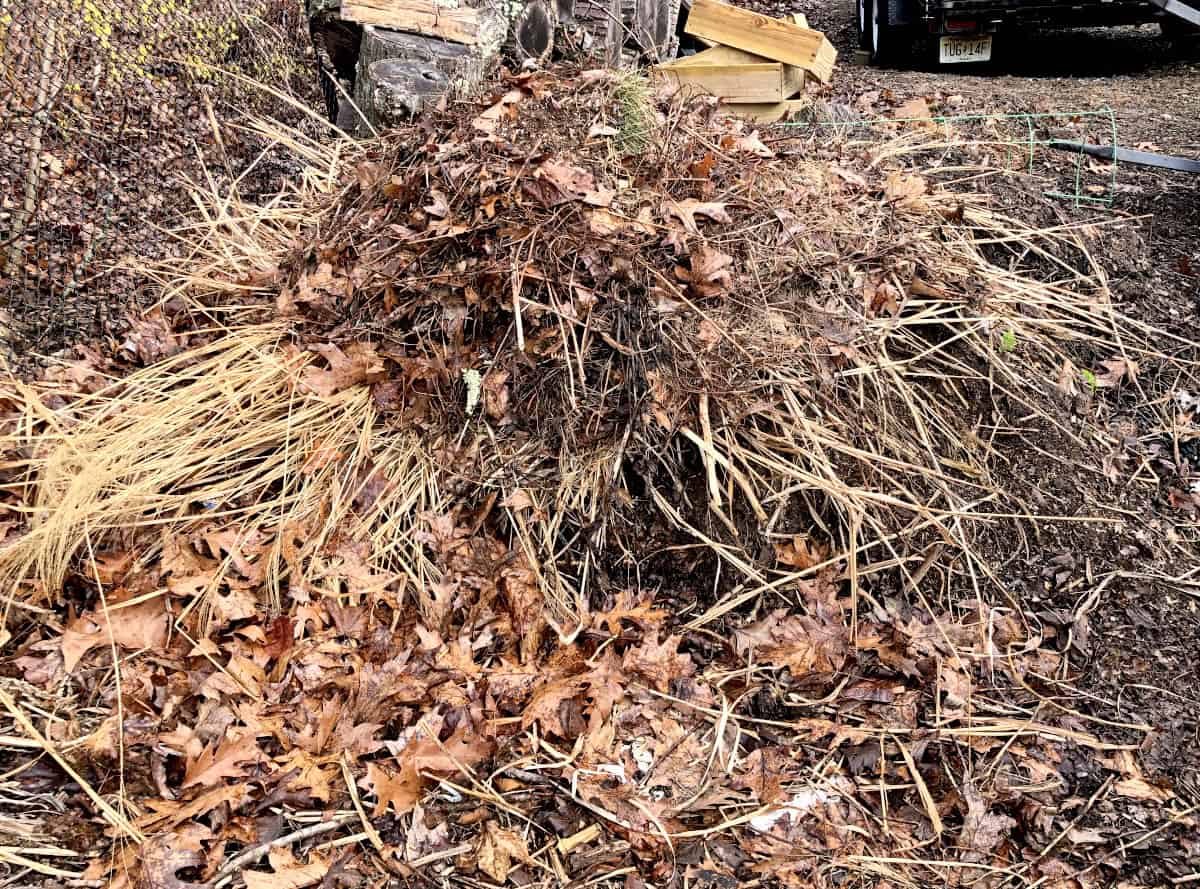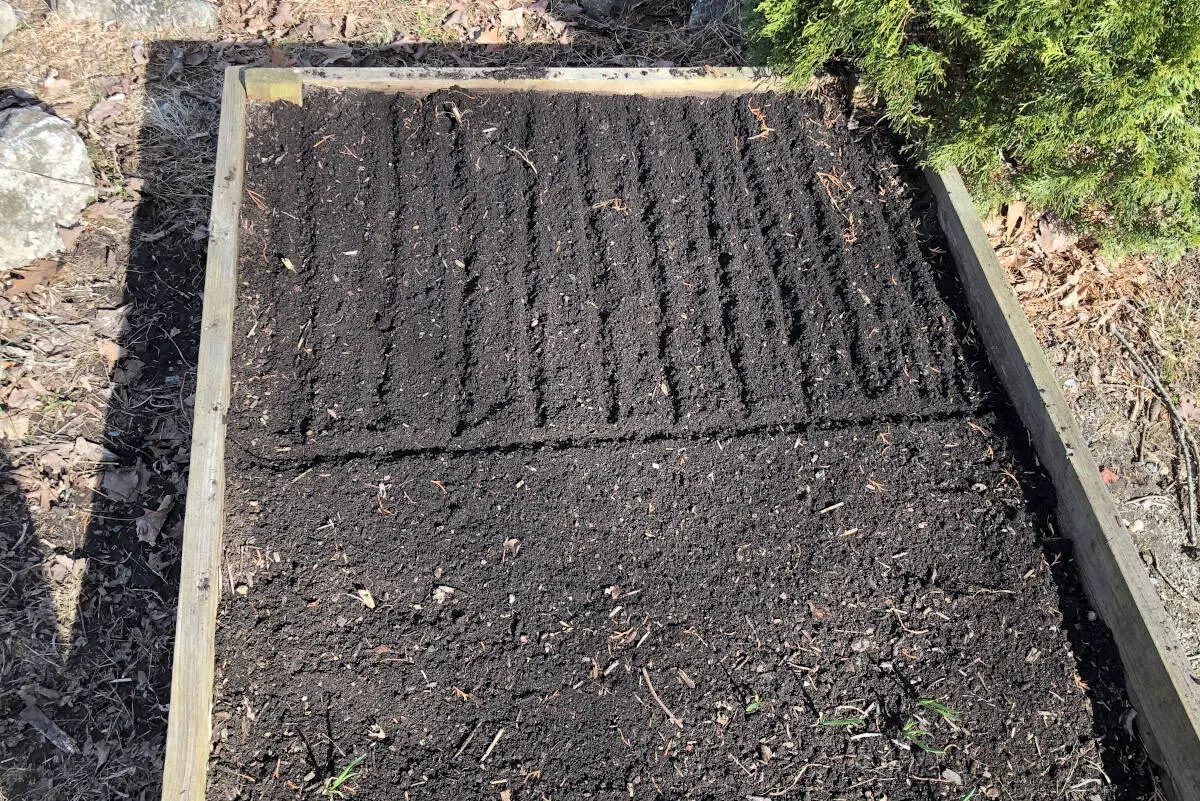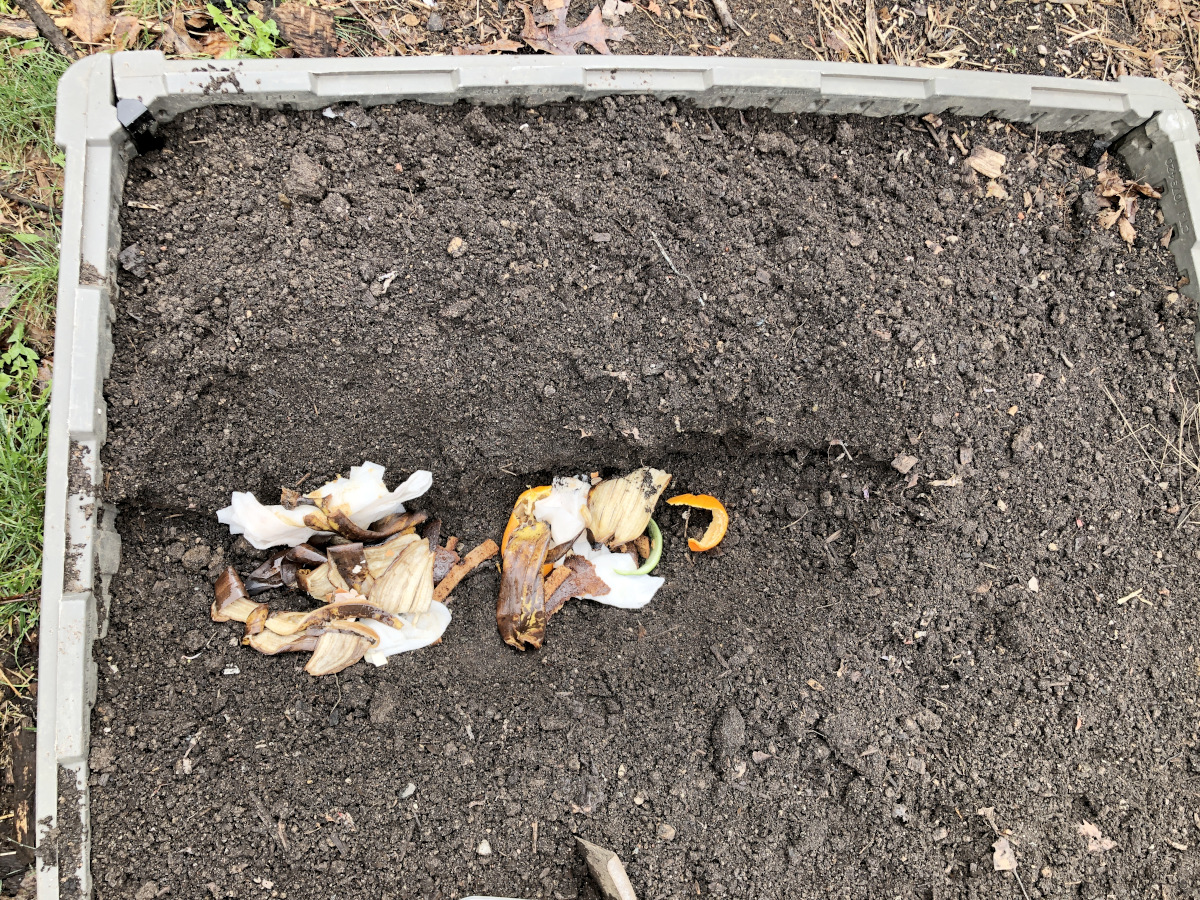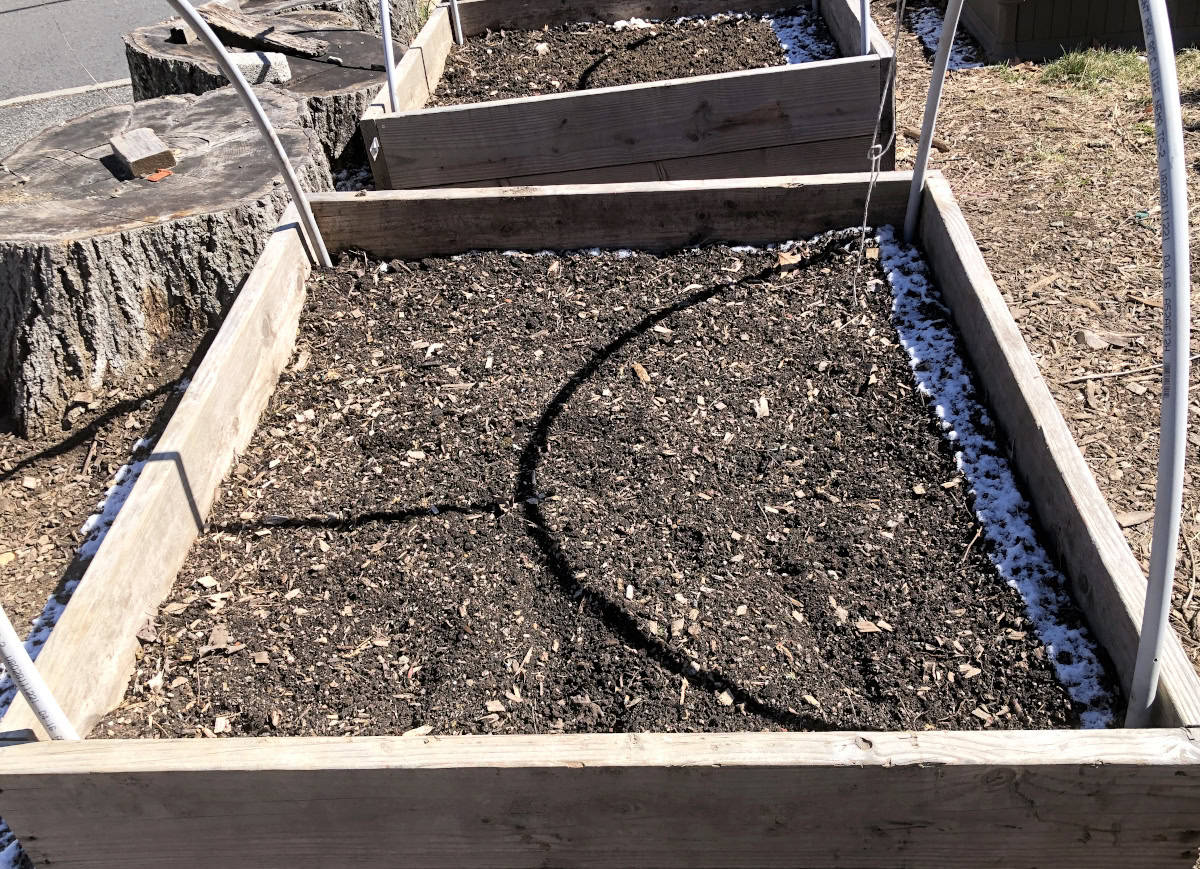I once heard advice from a well-rounded home gardener to start a compost pile should be the first thing when starting a garden. I did not believe it of course and now I regret it. At that time, I did not want to bother dealing with kitchen scraps and all the dirt-looking piles. Then next year when I was looking for soil amendments to improve the fertility and overall health of my soil, I completely understood what a mistake a made by not starting a compost pile. I learned my lesson.
Yes, it is best to start a compost pile when starting a garden if possible. The reason is that homemade compost is one of the best and most nutritious soil amendments. Home-made compost is free and is beneficial for the environment as you reuse kitchen scraps and garden clippings. Home-made compost also reduces the use of fertilizers and helps build healthier soil as well as improves plant growth and overall health.

The year I finally had my own homemade compost pile set, I was amazed at how easy it was to make, and how good it was. I had the best compost I ever had, it cost me nothing and I know how good it was because of what I put into it. I knew it is free of any pesticides and of good quality. It took me a whole growing season to understand how important it was to start a compost pile as the first thing when setting up a garden.
Since then, I would also advise new and old gardeners to start a compost pile as the first thing when starting a garden. Just do it, it is no hustle. Do not overthink it, just pile up the garden clipping and brown matter and wait. I do not even turn my pile. I use a cold compost method, meaning no turning required. It does take more time to compost, but it requires no work. You will thank me later.
Do you really need a compost starter?
A compost starter is not needed to start a compost pile. What is necessary is a good balance of components. The basic components needed to make compost are greens, browns, air, and moisture. Start a compost pile by layering or mixing greens which are grass clippings, kitchen scraps, fresh weeds, tea bags, trimmings from the garden, seaweed, and animal manure, with browns which are shredded paper, cardboard, kitchen paper towels, newspapers, dry leaves. Ensure the compost has enough airflow and moisture. Give it sufficient time for the matter to decompose.
I have never used a compost starter, because compost can be started without it. I do not see the need for this spending. The matter will decompose on its own non the less. If I want to speed up the composting process I simply mix in a bit of my previous compost or add worms into my compost pile when I come across them while gardening. If you however had no luck with starting a proper compost pile and need a little help, or if you are not patient enough and wish to speed up the process, here is a fast acting compost starter that could help speed up the process of decomposing.
What is a good ratio of browns to greens in your compost pile?
A rule of thumb is to mix 1 part of greens with 2-3 parts of browns.
I always have more greens than browns available, therefore compost tumblers are not really for me. I much prefer cold compost piles or trench composting to tumblers. If using tumblers to make compost then the ratio of greens and browns must be in proper balance, otherwise, the pile inside turns slimy, smelly, or too wet.
I got a dual compost tumbler similar to this one. I really wanted one because I did not want to deal with piles and turning them. I also wanted to use this tumbler to compost in the winter months. It is good to have a dual compost tumbler for as one side is filled up and composting you can start filling the other.
This however did not work for me. I like to make gardening simple and instead, I found myself babysitting piles inside the compost tumbler. Sometimes the inside was too dry, sometimes it was too wet. In winter the piles in the tumbler turned into frozen blobs. It drew me crazy. I gave up on compost tumblers and instead, I just started a cold compost pile which I do not have to babysit, I can throw everything from the garden in there and let it just sit. It takes zero time to care for it. And trench composting is the way I compost my kitchen scraps directly in garden beds.
How do I start a compost pile in my garden?
Start a compost pile simply by piling or mixing green matter with brown matter. Water well and give it sufficient time. Compost can be made by layering the matter on top of each other or by mixing them together. For example, rake dry leaves and mix them with kitchen scraps, grass clippings, or garden trimmings. Then add shredded paper or newspapers. Next, add green matter then brown matter again.
How long does it take compost to be ready to put in the garden?
The composting process takes about 6-12 months depending on the materials used in the compost pile. Larger pieces take longer to decompose compared to smaller pieces. If you wish to speed up the composting process, shred the leaves, grass, and paper before it is added to the compost pile. The compost is finished when the matter turns into a rich dark soil-like matter.

What happens if you never turn compost?
If you never turn a compost pile the matter in it will decompose non the less. It is called cold composting. The matter in the compost pile that is not turned will take longer to compost compared to the compost pile that is turned. The compost pile will take 6-12 months to decompose depending on the size of the pile and the pieces in it. The larger the pieces the longer it will take to compost. Shredding, and cutting the pieces into smaller chunks will speed up the composting process.
I do not turn my compost pile. It is called cold composting. I harvest finished compost from the bottom of the pile and add new matter on the top of the pile. It takes time to have compost ready, but it is a great way for those who would like to compost but have no strength, or time to turn their piles, or just do not want to deal with turning them.
Can I just bury food scraps in my garden?
Yes, you can just bury food scraps in the garden. It is called trench composting. Dig a hole or a trench in an empty space of the garden bed and dump the food scraps there. Cover with dirt and water well. The matter will decompose, feed and improve your soil.

I bury my food scraps directly in the garden beds from late autumn till spring. Having relatively long winters in my zone 6, I have about 6 months to do that. Burying food scraps in the garden beds prevents rodents and pets from getting into them. The scraps are in the ground and out of the way, with no smell, no unsightly matter to see. As they decompose, they feed life in the soil and improve soil structure. In spring my soil is ready to receive new seeds and seedlings as it is full of organic matter under the surface.
I have found, trench composting improved my soil tremendously. I would recommend trench composting to all who wish to improve their soil fertility and structure at the same time.
You will need a garden shovel for trench composting. A garden shovel is a must-have tool for any gardener.
When should I add compost to my soil?
Add finished compost to your soil once the matter is fully decomposed and the soil needs refreshing or amending. A good time to add compost to your garden beds is autumn or early spring before planting. Compost can be used as mulch between the plants to eliminate weeds and to keep the soil underneath moist, rich with nutrients and to feed the soil life.

I amened my garden beds with compost at the end of the growing season. By then a year has passed when I piled up all my last year’s garden clippings into the compost pile and everything had sufficient time to decompose. I layer compost on top of the garden beds and spread it in a thin layer.
How do you restore raised bed soil?

